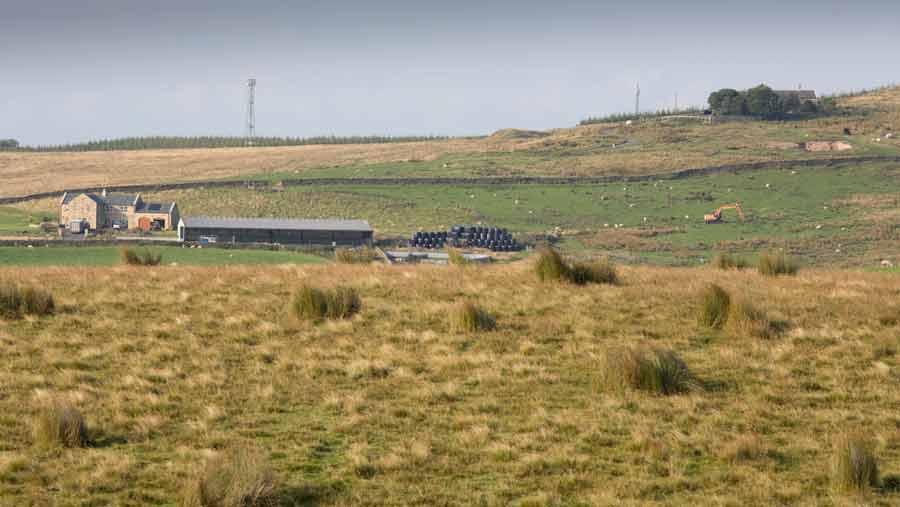Defra to make ‘enhanced offer’ to the uplands this summer
 © Tim Scrivener
© Tim Scrivener Defra is planning to make an “enhanced offer” to the uplands this summer as part of the Environmental Land Management (ELM) scheme, but concerns have been raised that work on the revised standard is taking place behind closed doors.
There is also some scepticism that warm words from ministers and officials about the importance of the uplands will not be translated into action.
See also: Defra figures spell looming disaster for the uplands
Julia Aglionby, executive director of the Foundation for Common Land, told Farmers Weekly she was aware Defra was undertaking detailed work on moorland options, but added: “We are not currently being asked to contribute to the design of the scheme.
“If they’re not willing for us to help with the nitty gritty, then they may produce something which is inappropriate.”
It is understood that so far just 22 ELMs applications have been made by groups of commoners, of which 19 have started.
Co-design
Phil Stocker, chief executive of the National Sheep Association, said consultation with industry bodies was taking place, but Defra seemed to have abandoned the principle of “co-design” in its development of the whole of ELM, including moorland options.
“If you look at the people who’ve got an interest, you’ve got the farming organisations, the environment organisations and the forestry organisations, and you just cannot reconcile all their views,” he added.
“It’s impossible for Defra to pull together a group that wide and co-create anything. You’ll never get agreement.”
But a Defra spokesman insisted that co-design “is at the heart of this project”, while confirming that more standards for moorland farmers are on the way.
“This summer we plan to publish full details on additional actions for moorland farmers,” he said. “Co-design has played a crucial part in our initial plans, with more than 5,000 involved in tests, trials, co-design and our Sustainable Farming Incentive pilot.”
Mr Stocker went on to say if the refreshed uplands offer was to be attractive, Defra would need to pay more for a broader basket of public goods, including the ability to store and filter water and sequester carbon.
BPS cuts
Robin Milton, vice-chairman of the Uplands Alliance, warned there was a “huge need” to enhance payments in the uplands, with cuts to the Basic Payment Scheme (BPS) ramping up this year.
“[Defra farming minister] Mark Spencer is saying all the right things and showing all the right levels of concern,” he said.
“But I’m yet to be convinced that his words will be translated into action.”
Asked what he would need to see to be proven wrong, Mr Milton said: “I’d need to see a decent list of options. In the introductory options, there was a hedgerows one. But how was there not a stone walls one for an uplands scenario? It is some of that really simple stuff.”
